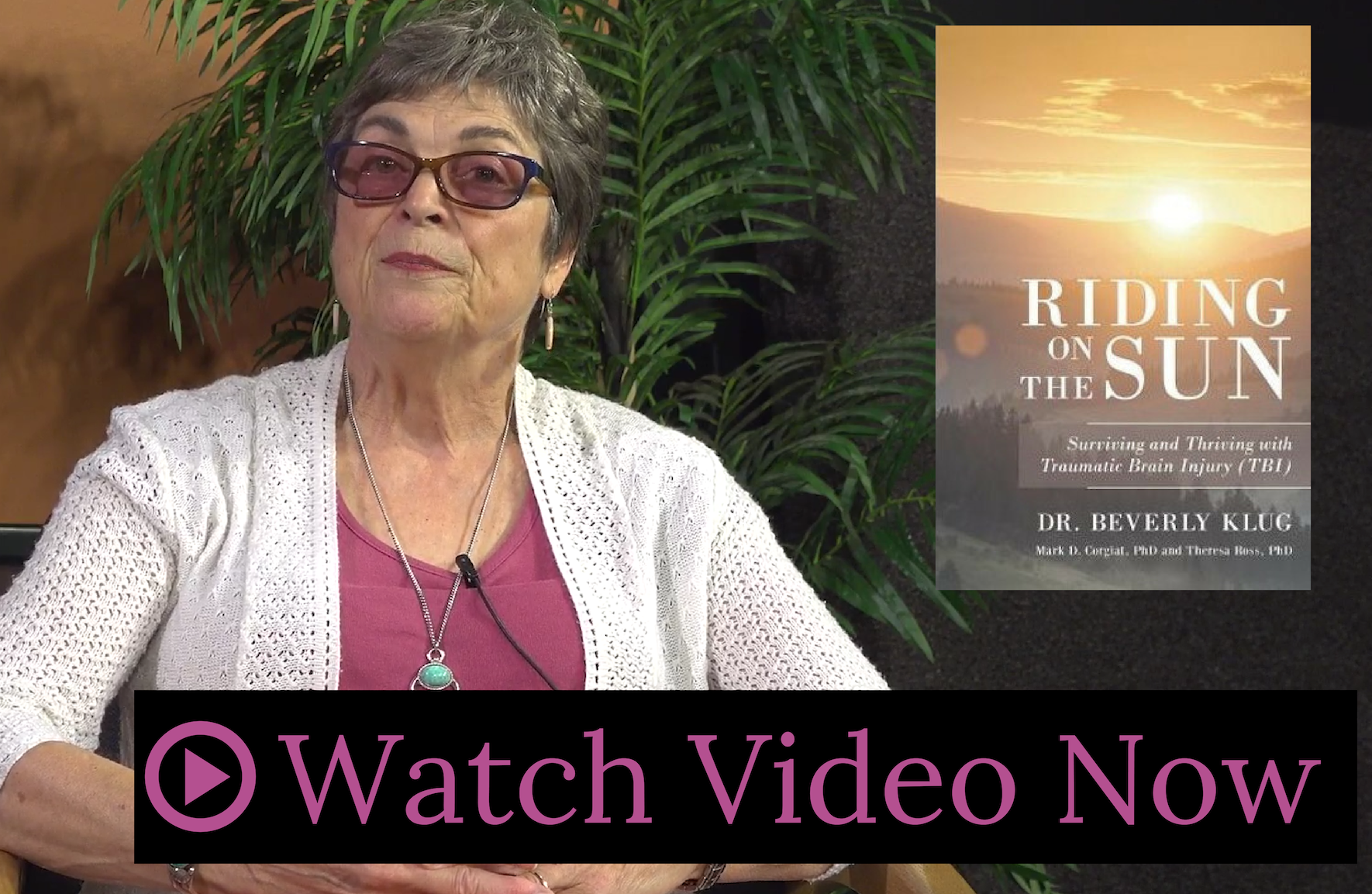February 10th, 1993 was uncharacteristically sunny for the middle of winter in Idaho.
After supervising one of her student teachers, Beverly Klug was waiting at the intersection of a two-way and one-way street. As the light went green, she pulled forward and out of her peripheral, caught sight of a car speeding forward down the hill.
The driver didn’t notice, he was paying attention towards the back of his car. When he turned back around, the panic on his face burned itself into Klug’s memory.
The driver’s car T-boned Klug’s. She leapt upwards. Her head struck against the frame of the car door. Her seatbelt tugged her back down. She tried to move, tried to get out of the car, but she couldn’t control the left side of her body.
Having life as you know it fall apart in seconds is a terrifying enough thought for most. When those fears become reality, however, picking up the pieces and learning how to thrive is the greatest challenge.
After a car accident in the winter of 1993, Professor Emeritus Dr. Beverly Klug had to re-learn how to live with a traumatic brain injury (TBI). In 2017, she published the book Riding on the Sun: Surviving and Thriving with Traumatic Brain Injury, which details her experience of recovering from TBI.
For those struggling with a disability, her story of recovery serves as a reminder to never give up hope, even when things seem bleak.
Klug suffered a coup-contrecoup injury -- “French words that just mean coup, hit; countercoup, the next hit,” Klug explained -- resulting in damage to the right and left frontal lobes of her brain, along with the left side of her head, the left side of her brain, and the back of her head.
The areas of her brain affected by her TBI controlled speech, organization, and mobility. In the aftermath of her injury, these difficulties gradually worsened.
About two weeks after her accident, Klug began speaking and writing backwards.
“I had always thought that kids with learning disabilities could tell when they were talking backwards, and I found that is not true at all,” Klug said. “You’re thinking one thing, but what comes out perceptually is something completely different.”
This proved especially difficult when teaching. During classes, she would lecture while speaking backwards and write notes on the board backwards-- all without realizing what she was doing.
“I was thinking that I was saying what I thought I was saying, but I could tell from the look on student’s faces or other people that whatever I said was not what I thought I said”, Klug relayed.
Along with speech, losing organizational skills was a challenge for Klug: “Before this time, I had been very anal-retentive, and consequently lists were my thing. And still to this day, I cannot write an outline."
For three years, she wore a neck brace, a back brace, and a had to use a cane because the left side of her body would not function properly. Because of these, people saw Klug as mentally incompetent. This happens commonly to people with physical disabilities. When there is something physically ‘wrong’ with a person, their mental capacities are assumed to be worse than able-bodied people.
Because of Klug’s background in special education, she was partially aware of the lowered expectations of people with disabilities. However, she wasn’t fully aware of this perception and its accompanying difficulties until she had a disability of her own.
“Experiencing this for myself for the first time was very difficult. I would have people who would talk very slowly and loudly to me. They would use small words because they didn’t think that I could understand bigger words, all because of the physical paraphernalia,” Klug said.
It took over seven years for Klug to recover from her TBI. However, even with the best practitioners in the world, it is impossible to become the same person as before a brain injury.
“I feel that in some ways I’m a better person. I used to write my name very small, now I write it very large,” she laughed. “I’m not as controll[ing] as I once was. I feel that I’m not as serious as I once was. I’ve learned how to laugh at myself. But I’ve also learned how to laugh at life.”
Throughout this experience, Klug has discovered that whatever happens in our lives is not really under our control. “We think it is, and one of the graces I think I have gotten through this process is learning that and being able to accept it,” she said.
For those with a TBI, Klug gives two pieces of advice. One, be sure to go a neuropsychologist. A specialist in the brain can discover the impacted parts of the brain, where psychologists or general practitioners cannot.
The second— and most important— is to never give up hope.
“It seems so overwhelming and that you’ll never be able to get things back, you’ll never be the same person that you were, you’ll never be worthwhile. And that’s a huge, huge thing, especially for those of us who are used to defining ourselves by our pats on the back,” Klug said. “We can have a life again. It’s not going to be the same, but it may be richer in a lot of ways that we didn’t expect.”
Sources: Riding on the Sun: Surviving and Thriving with Traumatic Brain Injury (TBI) by Dr. Beverly J Klug; Mark Corgiat, PhD; and Theresa L Ross, PhD. New York: Page Publishers, 2017. Available through Amazon.com and Barnes and Noble Booksellers.
CEWT will be offering new resources to the community for those struggling with mental health concerns, such as Dementia/Alzheimer’s. Visit cetrain.isu.edu to see our catalog or call (208) 282-3372 if interested in signing up for courses.

-1.png)

